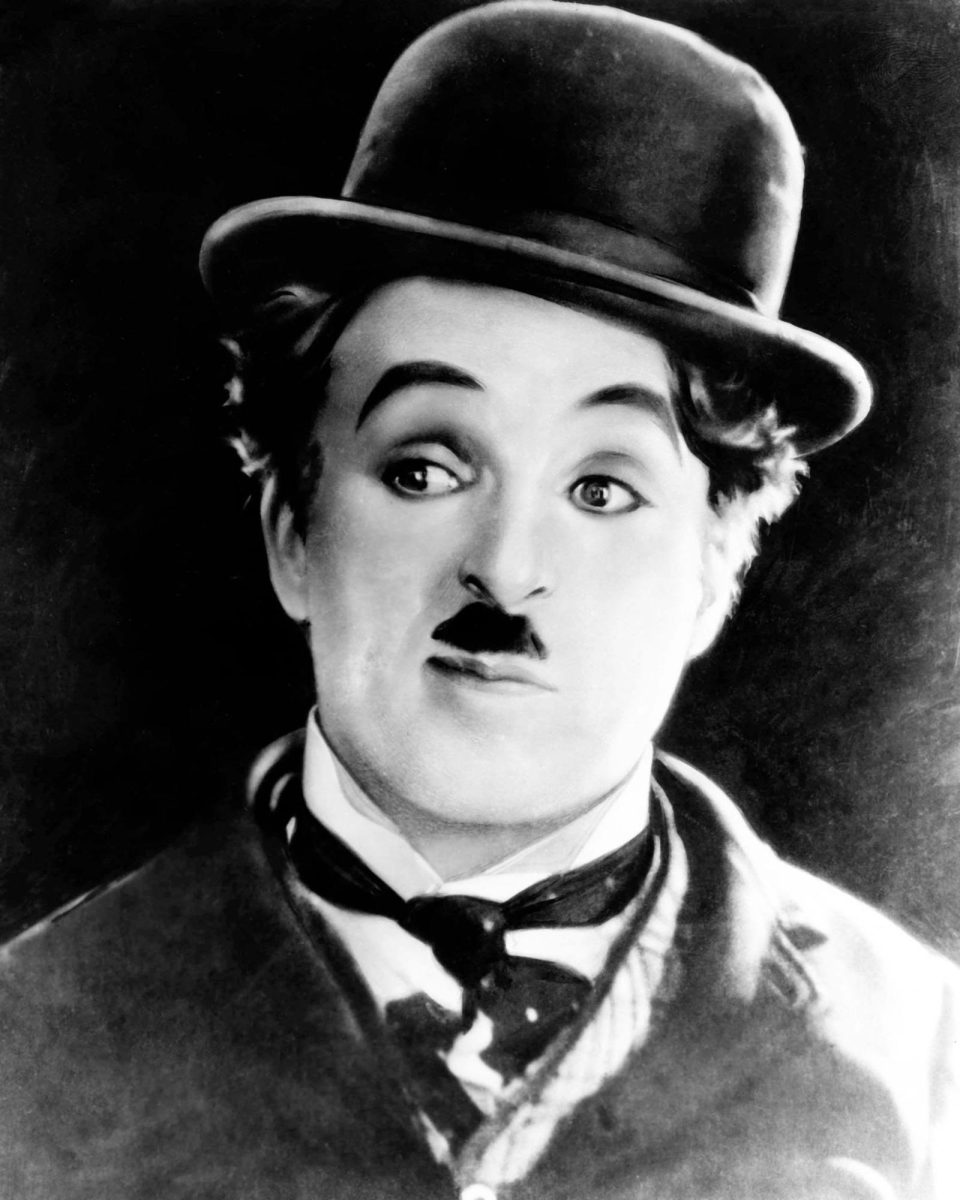Charlie Chaplin is renowned as probably one of the greatest and most infamous movie producers of all time. Born in 1889 and dying in 1977, Charlie Chaplin’s lifetime brought about some of the most influential cinema of the century. His influence and own personality are portrayed in his films The Kid and The Gold Rush.
To start off, the most apparent thing that one can derive from the two films is how talented Charlie Chaplin was as both a producer and an actor. Given that these were both silent movies, his emotions and actions had to come across on purely visual media, since there was no dialogue. He managed to portray feelings that were very difficult to get across by pure action. The most prominent example of this style of delivery was the love he felt, both for the adopted child that he raised in The Kid and the newly founded love of his life in The Gold Rush. Today, it is easy for actors and actresses to address their emotions on screen through a long-winded
conversation. Still, in the two films, he purely had his actions and facial expressions to convey the feelings he felt for both characters. The fact that he was able to get these emotions across with such apparent ease points to the emotional depth that Chaplin possessed. He understood the process, what it meant to feel these emotions, and the signs someone expressed when they felt these emotions. He could recognize these so well that he could mimic them perfectly on screen, explaining his success as an actor.
Additionally, Charlie Chaplin could distinguish which stories to write about and how to show them off so that they are appealing to an audience. Even when cinema was primitive in the 1920s, The Kid and The Gold Rush had cinematic tropes that are still found today. They were some of the first movies to set precedents for future cinema. For example, at the end of The Kid, the child who was abandoned by his mother is finally reunited with both her and the man who raised him, Charlie Chaplin, by the end of the story. The plot arc of the final reunion in the end with loved ones is seen all throughout cinema today, such as in the popular film Home Alone
when at the end of the movie, Kevin, the protagonist who is forgotten by his family and left alone at his house, is finally reunited with his mother at the end of the film after having gone through many perils and adventures, similar to the child in The Kid.
Charlie Chaplin’s films are timeless and have undoubtedly laid the foundation for modern-day cinema. The influence that he had in the industry has encompassed the world of film and now has resulted in the name Chaplin becoming symbolic of the beginning and growth of movies into the cultural and ideological phenomenons that they have become today.

